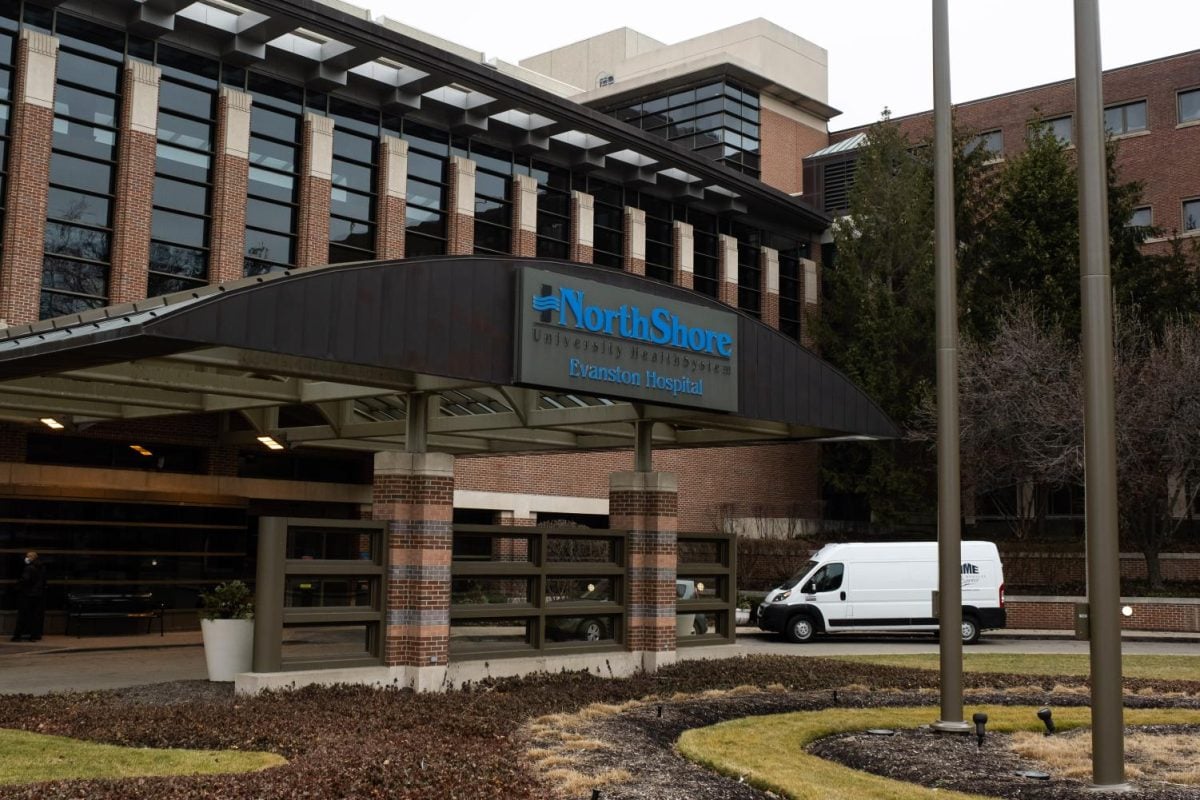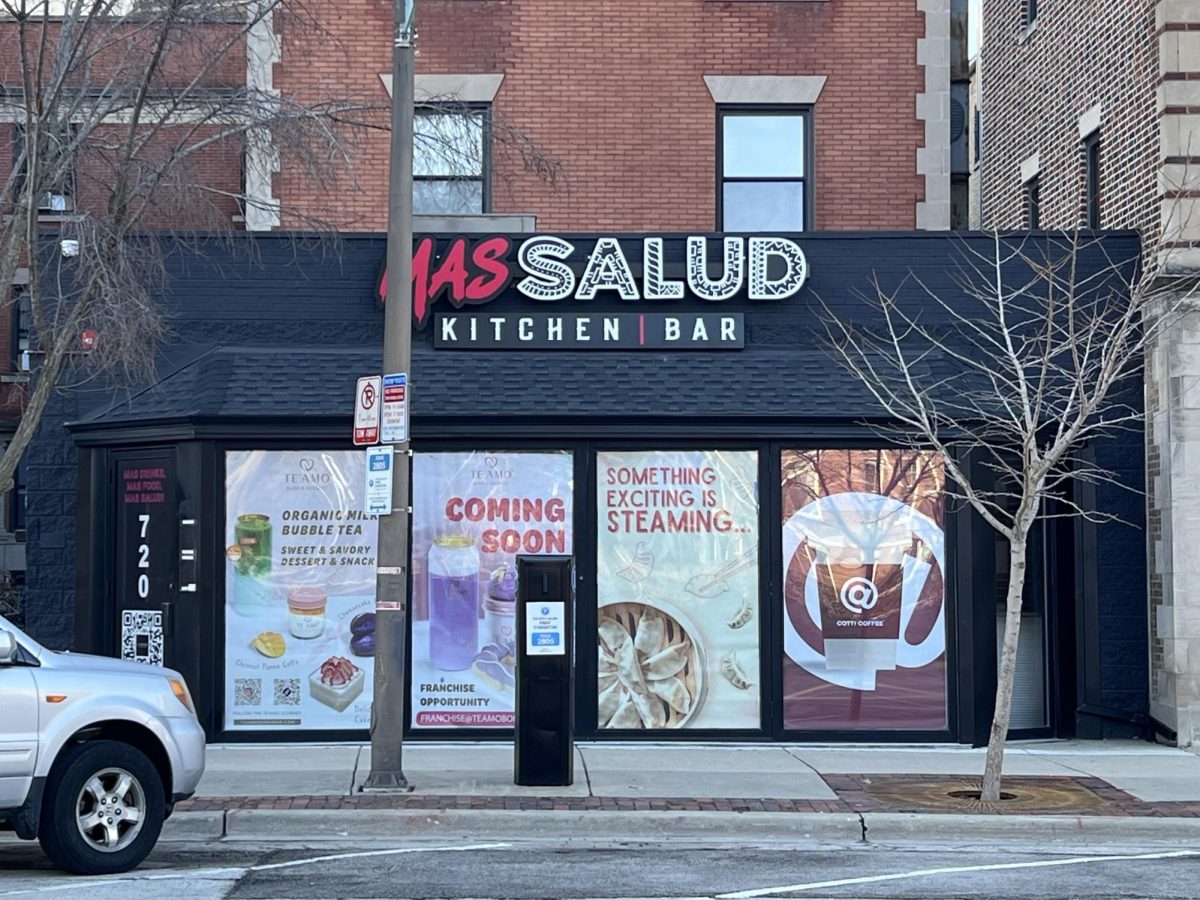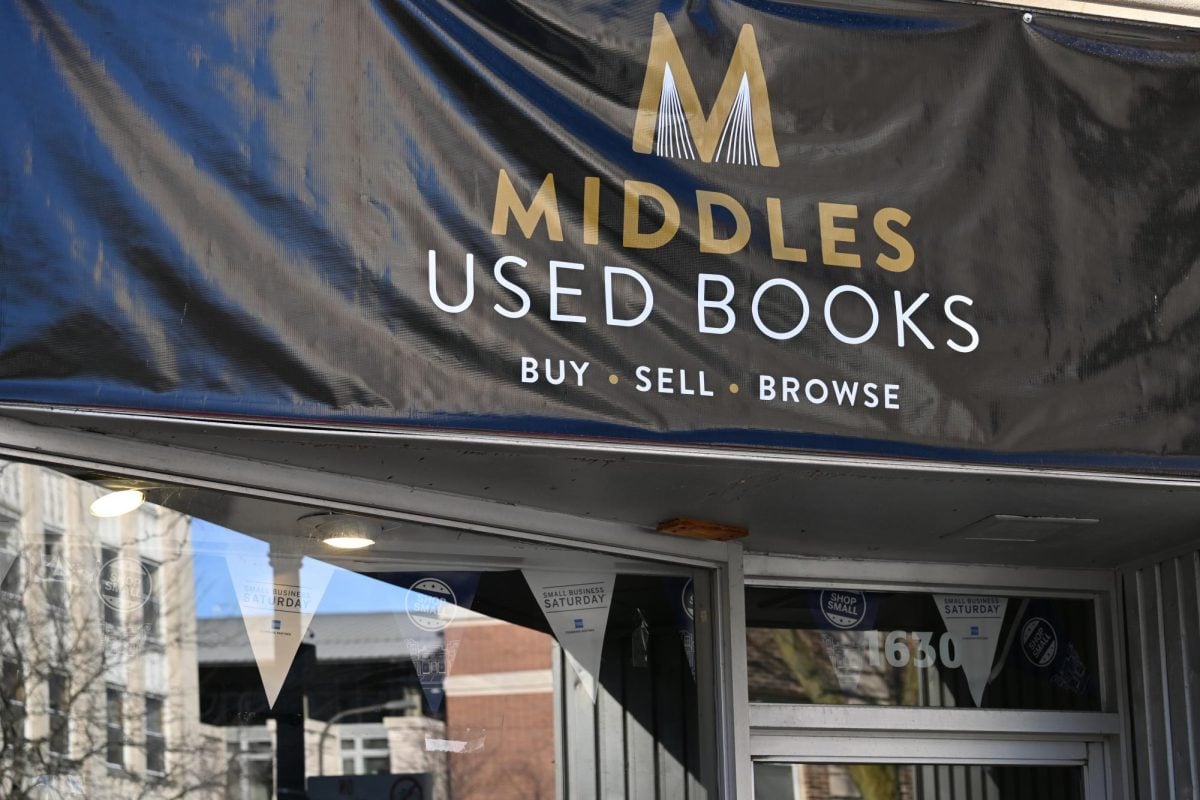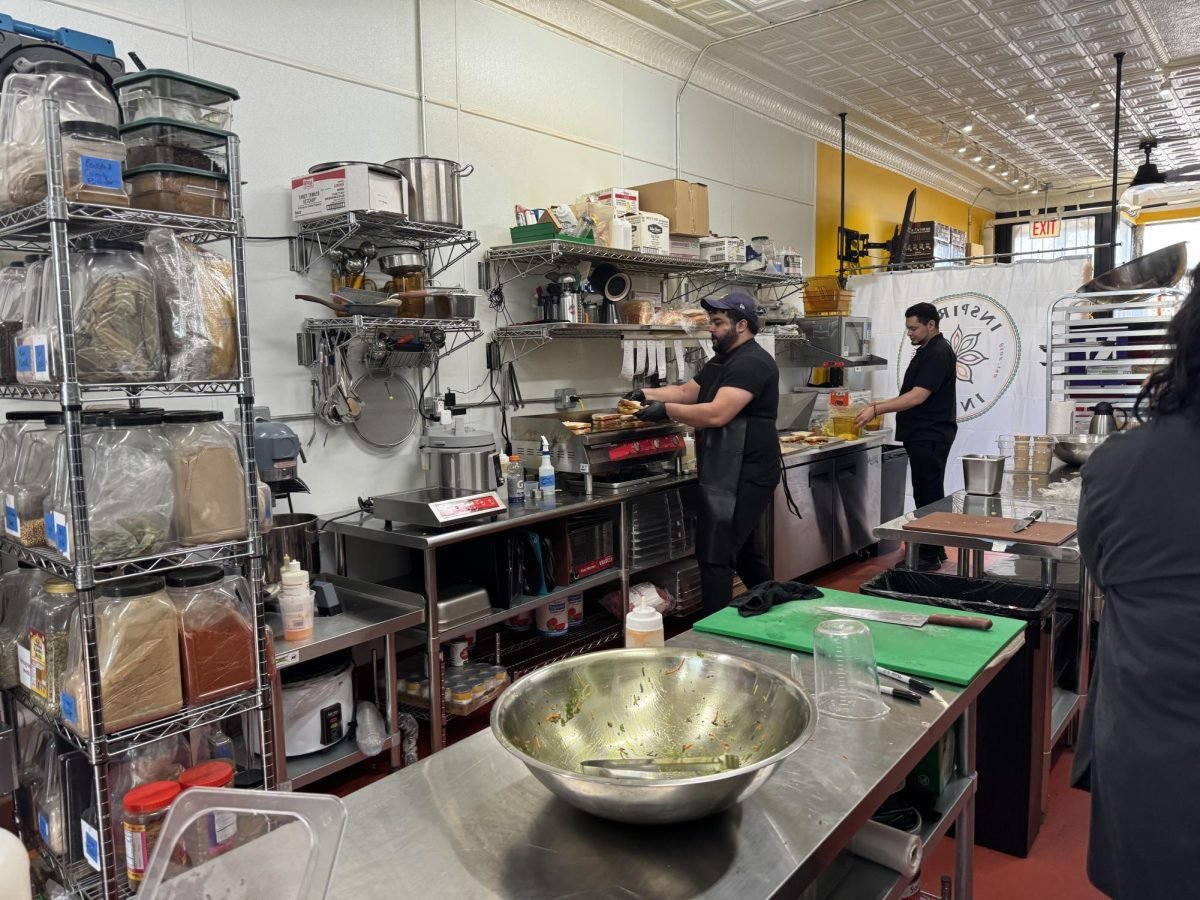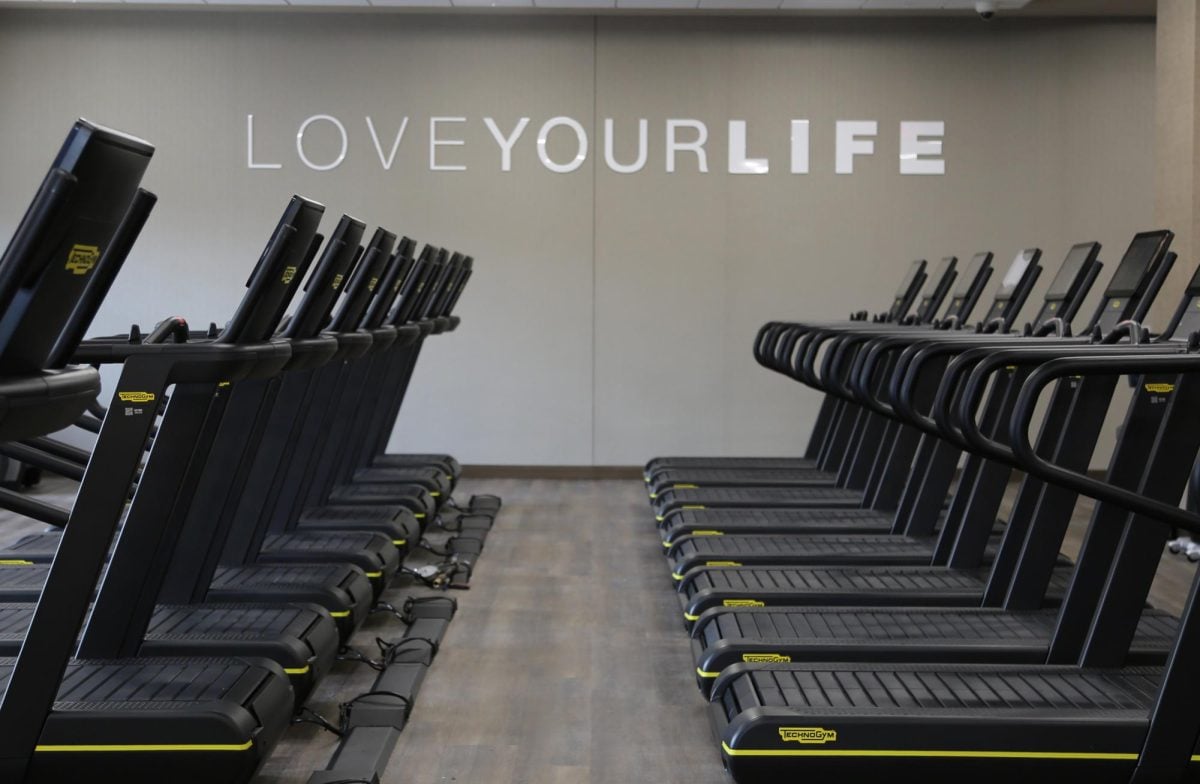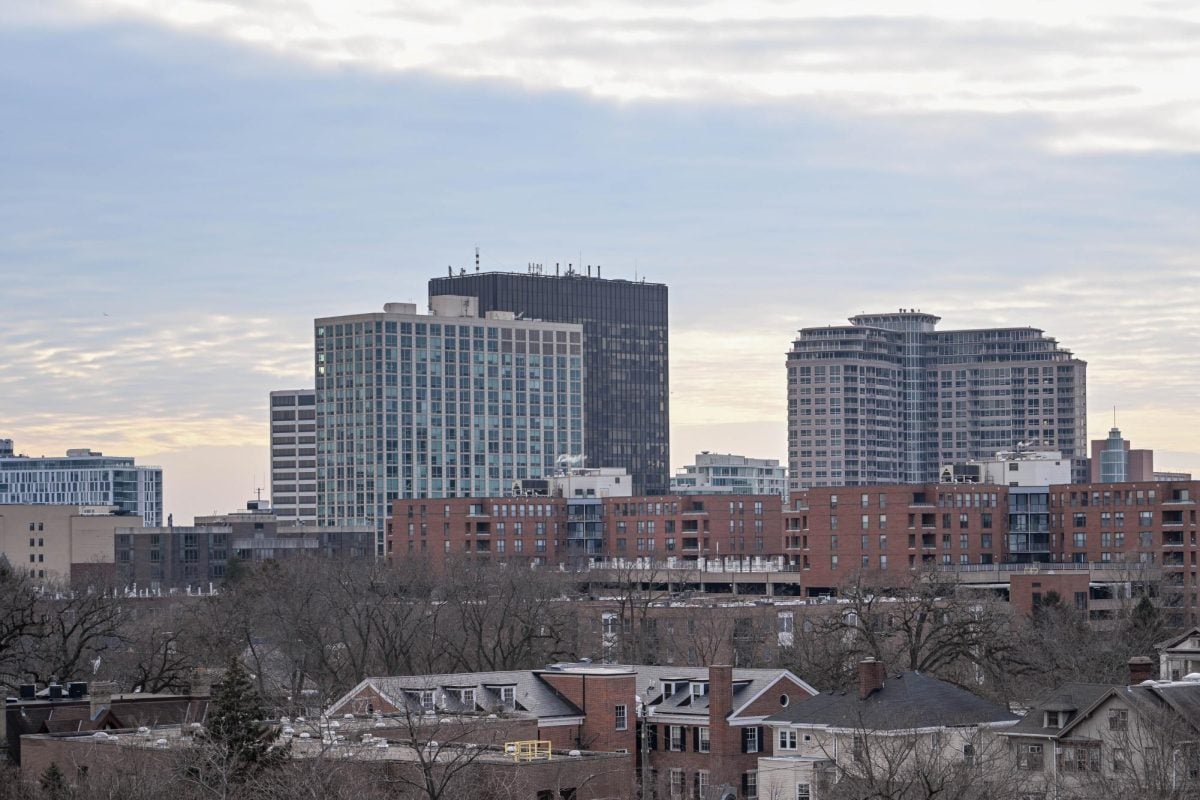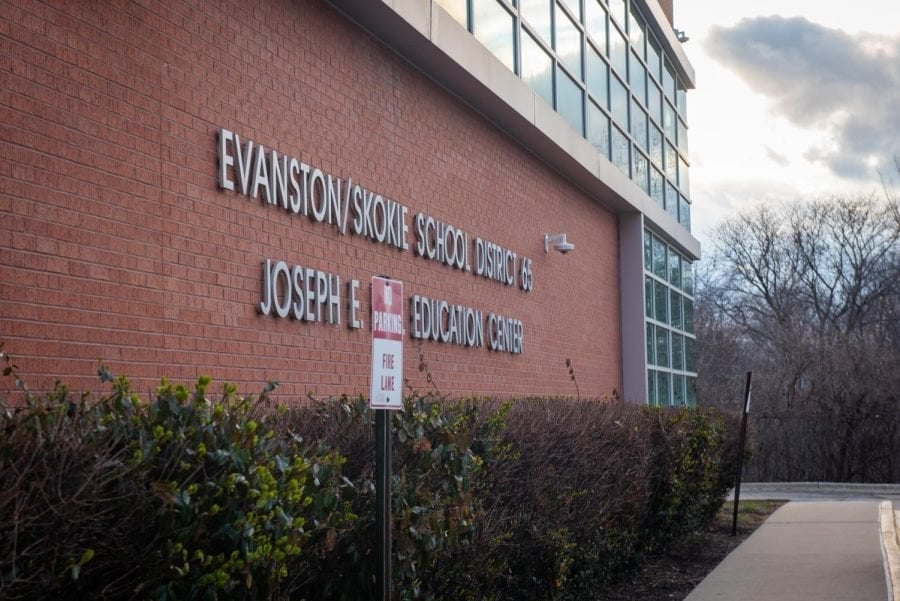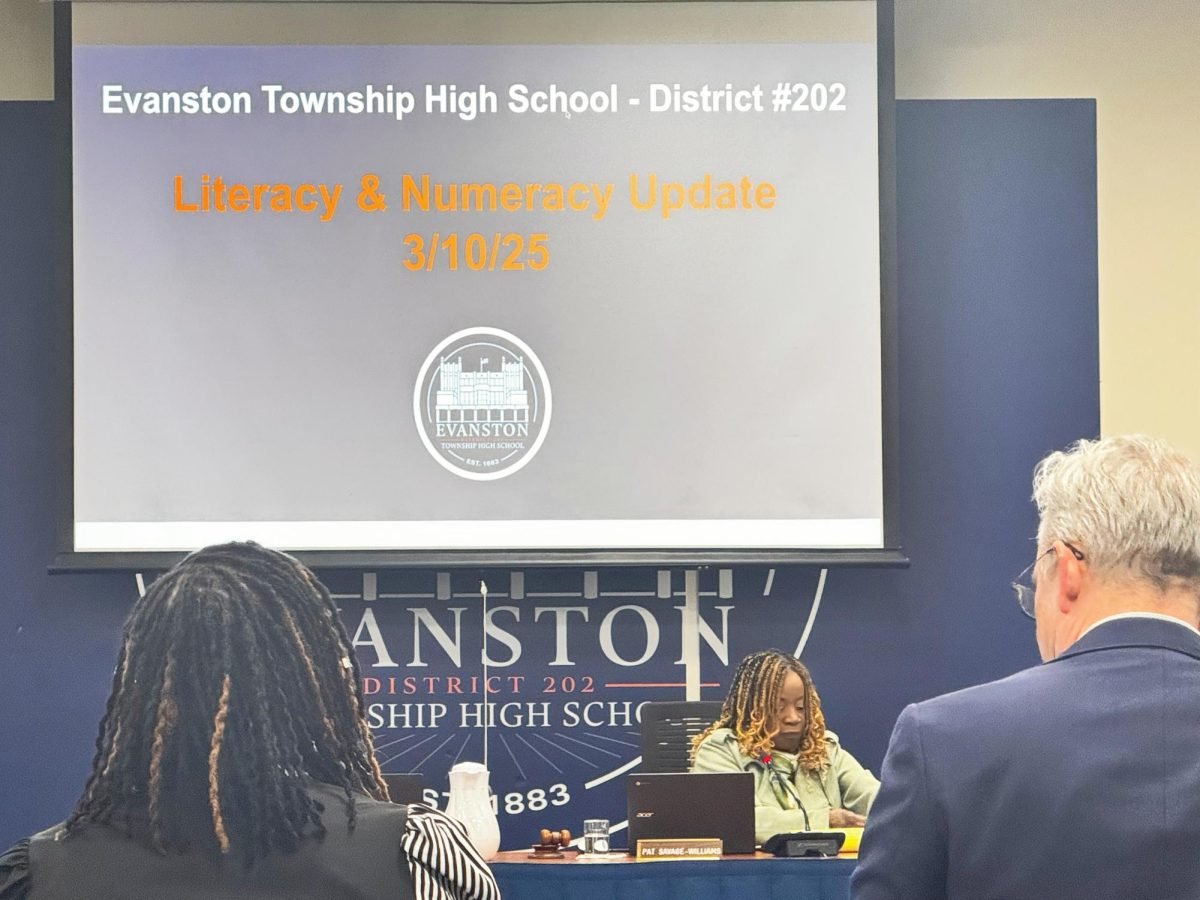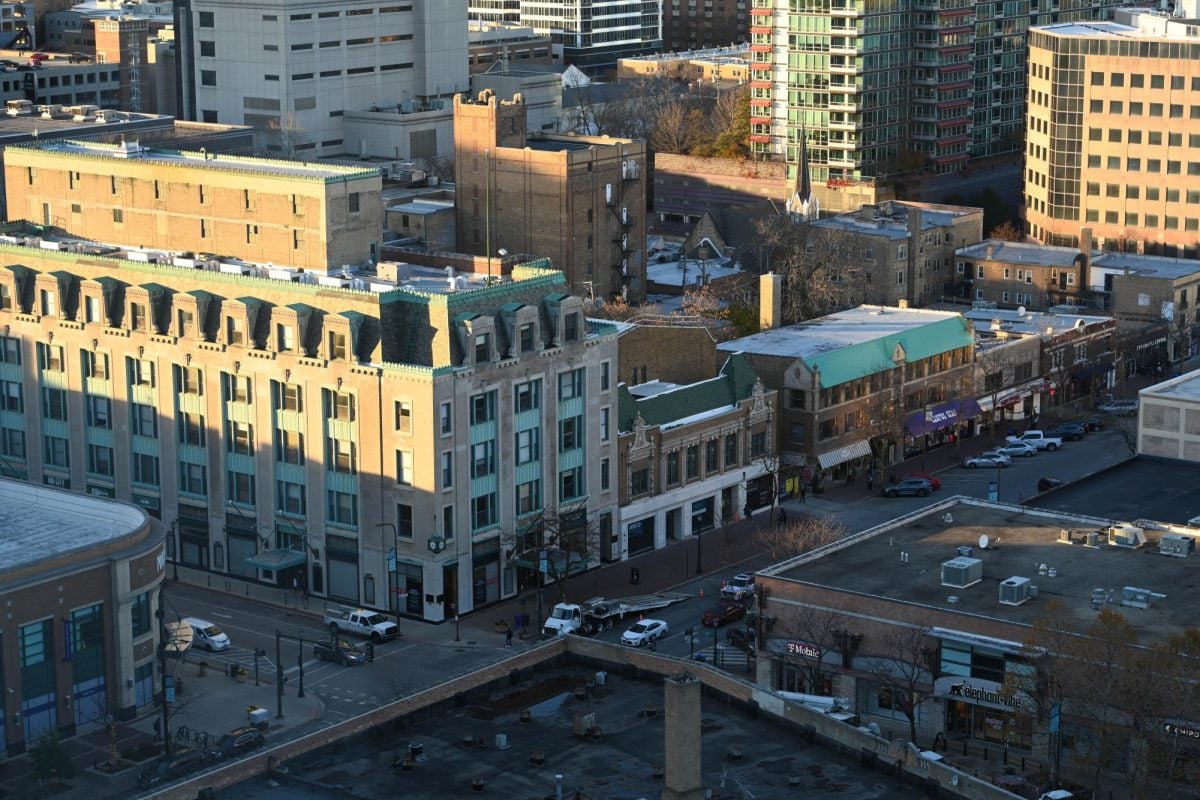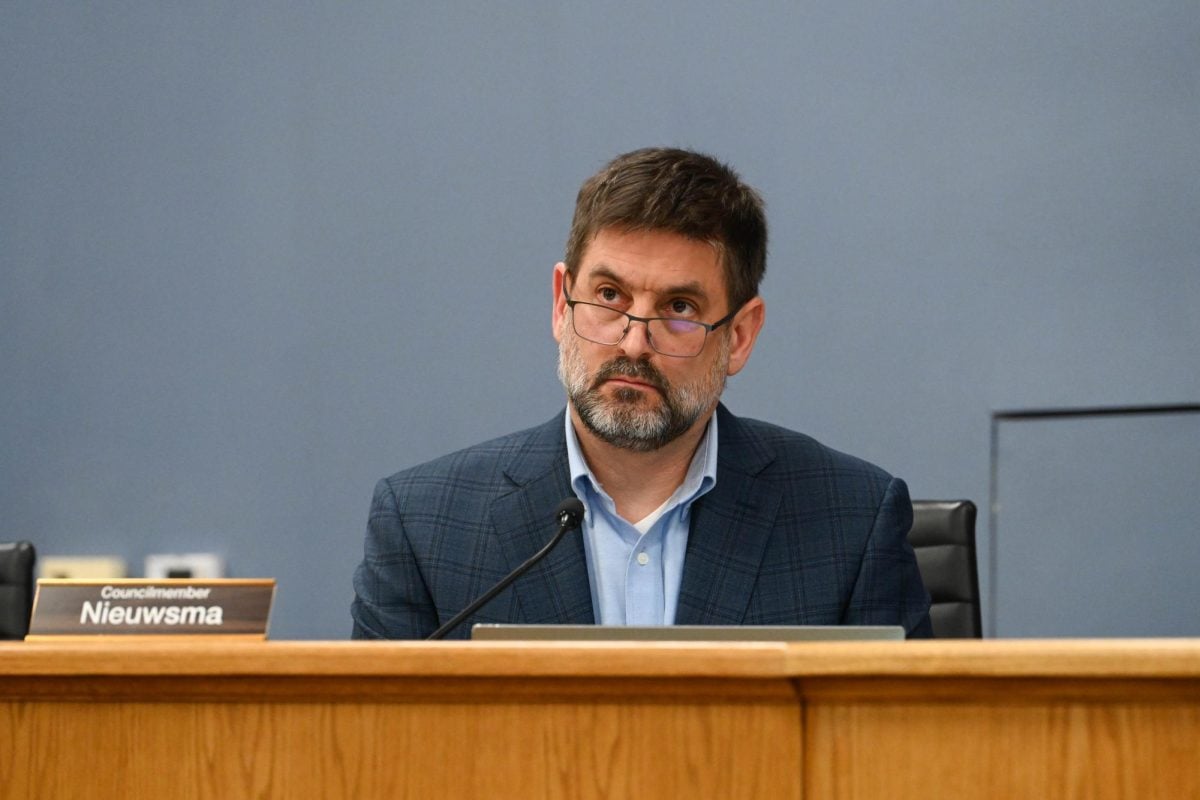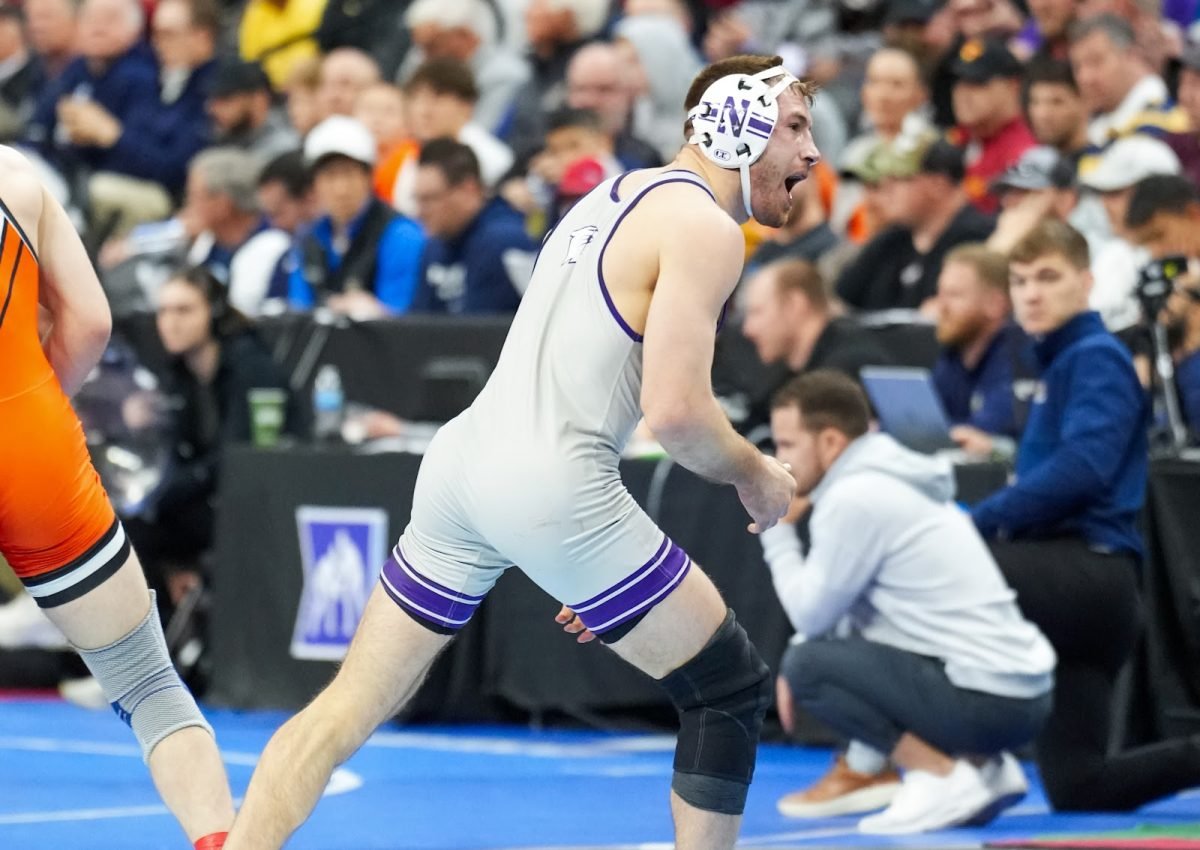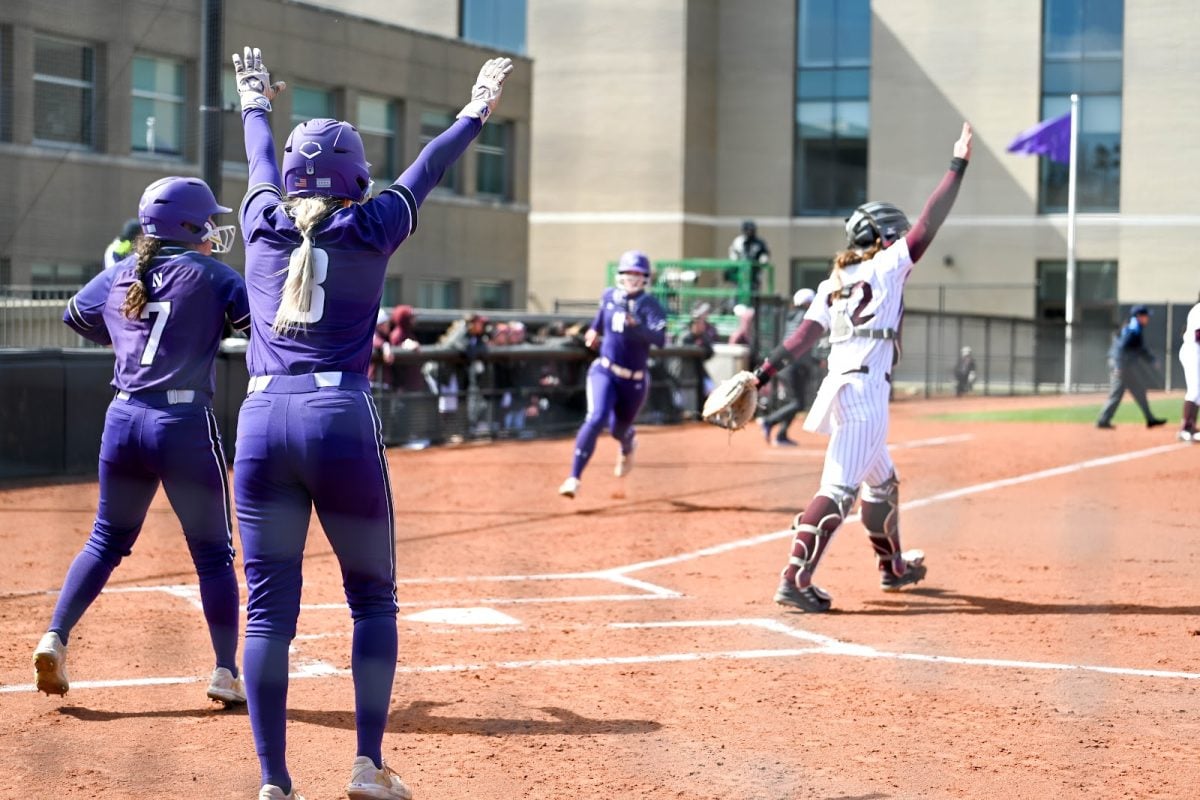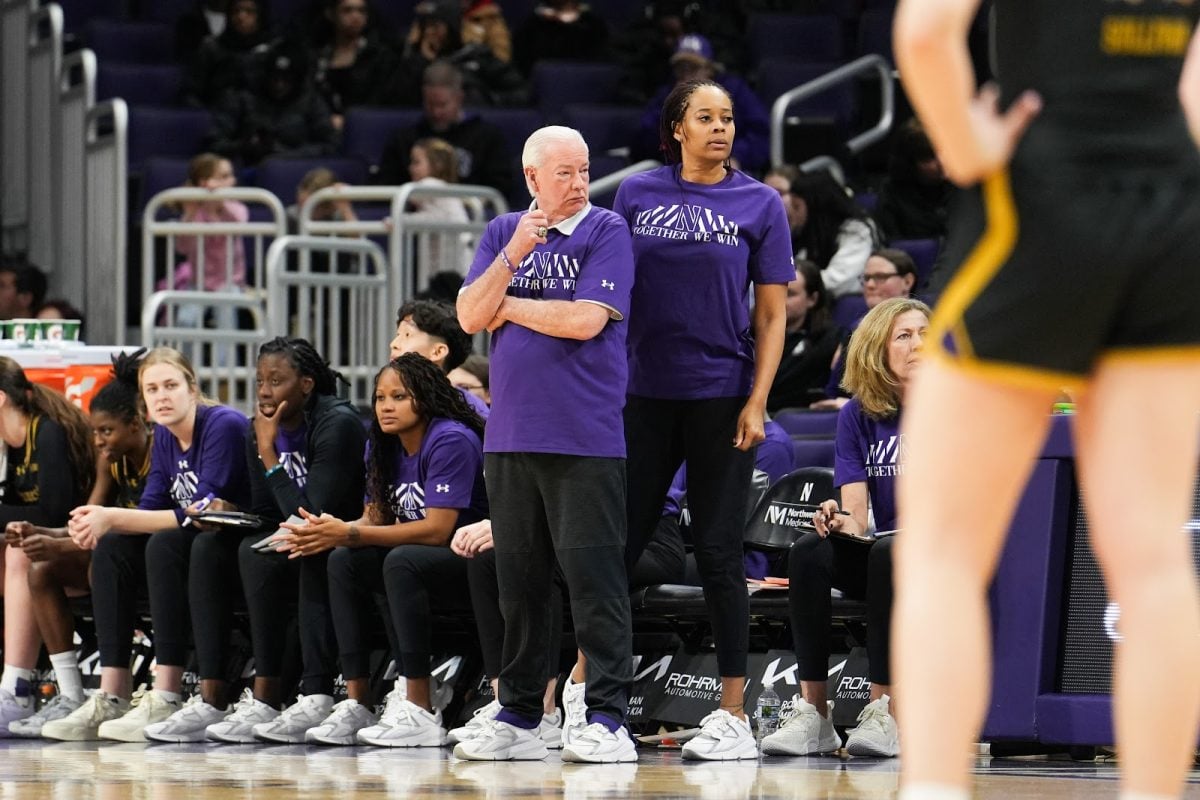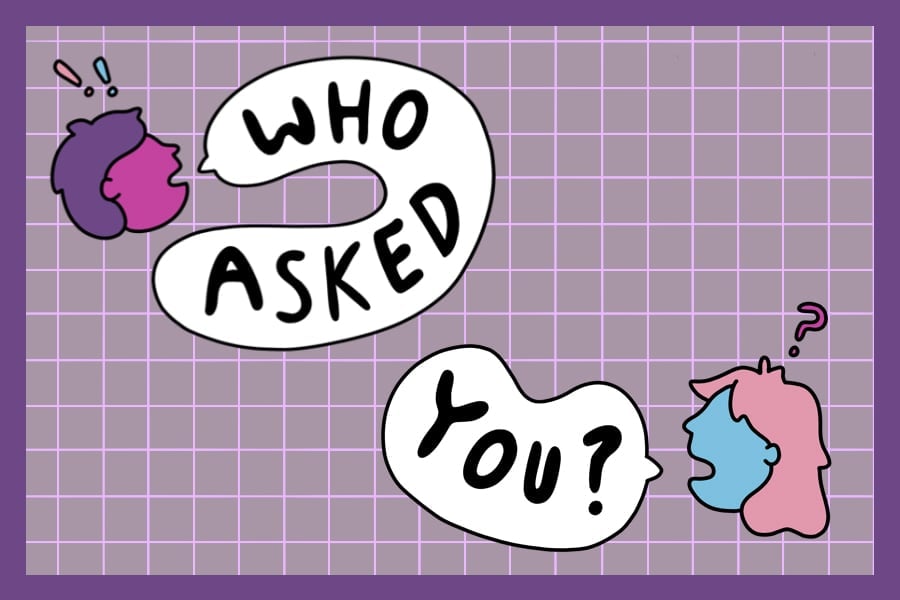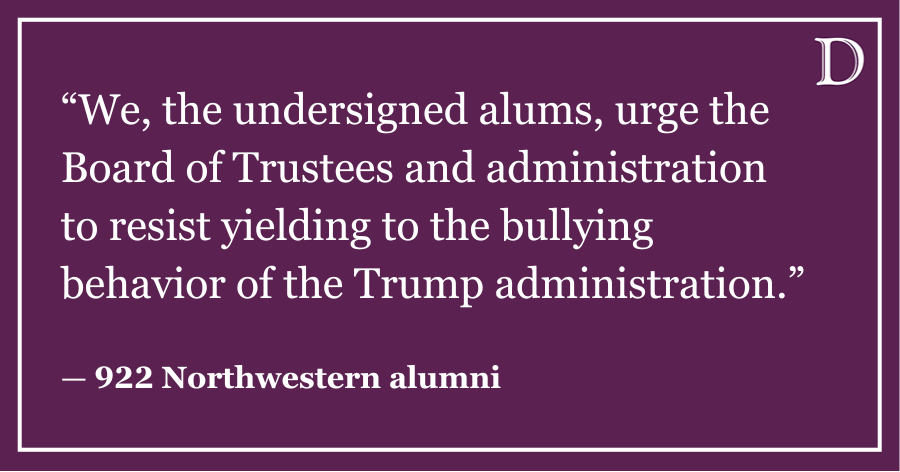More than two decades after NorthShore University HealthSystem merged with Highland Park Hospital — a move the Federal Trade Commission deemed anticompetitive in 2007 — former patients will be paid out by a class action settlement.
In a Monday hearing at the Everett McKinley Dirksen U.S. Courthouse, U.S. District Judge Edmond Chang approved a $55 million settlement between NorthShore University HealthSystem — now a part of Endeavor Health — and a class of former patients.
Originating from complaints filed in 2007, the suit alleged that NorthShore violated the Sherman Antitrust Act and Clayton Act, subjecting customers to higher prices for healthcare services. NorthShore denied these allegations, and in December 2023 — facing a trial scheduled for Jan. 9, 2024 — the parties reached a settlement agreement.
In 2008, the FTC ordered the creation of separate negotiating teams for inpatient and outpatient care to stimulate competition at the hospitals. It also required prior notice of acquisitions for 10 years. The FTC order did not include damages for any customers who were overcharged for services.
The lawsuit gained class certification in 2013.
Chang said both parties faced substantial risk in trial and that the settlement amount was appropriate considering the plaintiff’s estimated maximum damages of $227 million.
“We would all have been waiting with baited breath to see what the jury would come up with,” he said.
Chang said thousands of claims have been submitted individually on top of third-party claims. He determined that the settlement notice plan was appropriate and “reached a broad swath of the class.” The class includes individuals who paid NorthShore directly for inpatient hospital services between Feb. 10, 2000, and Dec. 31, 2015, and opted into the suit before April 4, 2024.
Chang said the case was “exponentially more difficult and extensive” than other class action suits.
Marvin Miller of Miller Law LLC is lead class counsel, and NorthShore is represented by Dan Webb of Winston & Strawn LLP. The agreement was a result of “more than an arms length negotiation” between the two parties, Chang said.
The prosecution was awarded over $18 million, one third of the settlement award, in attorneys’ fees and around $5 million in costs and expenses. In the order, Chang recognized the size of the settlement as “a significant result,” to justify the fees and expenses.
David Freedman, the class representative, was awarded $50,000 as an incentive award.
Webb told The Daily the defense agrees with the settlement and finds it “fair and reasonable.”
One party not included in the class is insurance company United HealthCare, which submitted an objection to the settlement agreement in March. It said the order was unclear regarding whether they were part of the class, according to the objection.
On Monday, attorney Scott Fisher, representing United HealthCare, said it was “fundamentally not apparent” from court decisions or the settlement agreement whether self-insured entities such as United HealthCare were included in the class. He added that there was “significant confusion” regarding the qualifications of the class.
Chang overruled the objection, saying it would be “nonsensical” for United HealthCare to be included in the class after agreeing to arbitration.
“It’s crystal clear that United is not a part of the class,” he said.
Email: hannahwebster2027@u.northwestern.edu
Related Stories:
— NorthShore’s Community Investment Fund names recipients of $4 million total in grants
— Bookends & Beginnings files class-action suit against Amazon, becoming face of new antitrust battle
— Northwestern to pay $43.5 million in settlement of financial aid lawsuit

